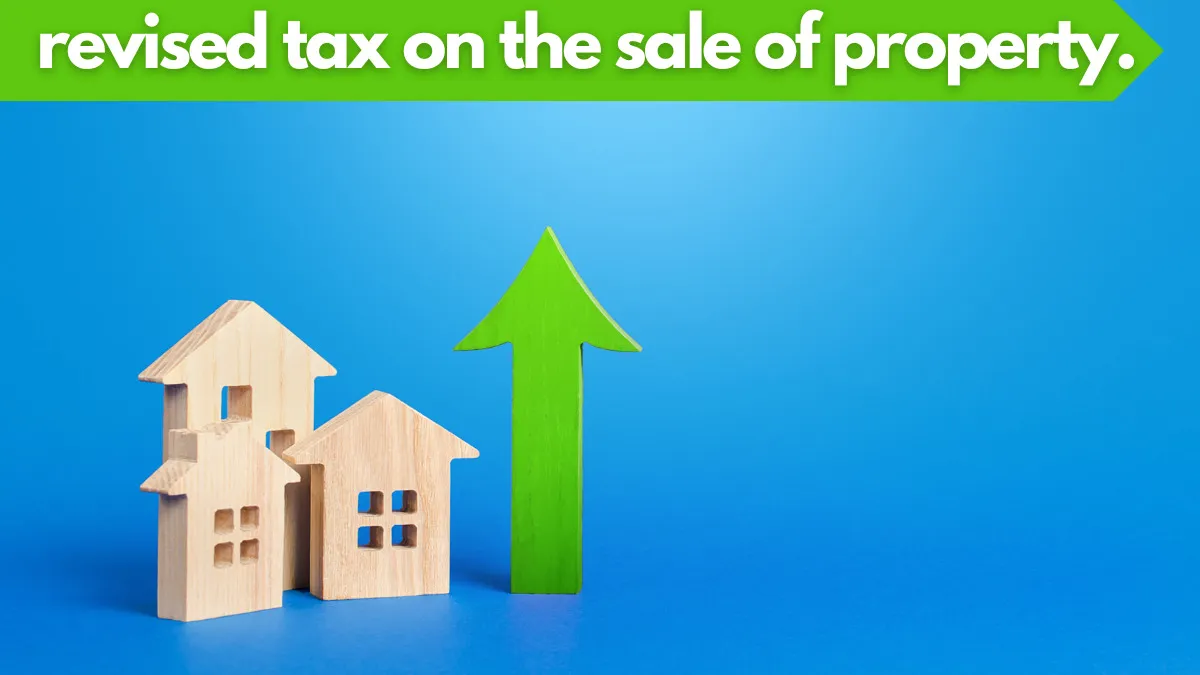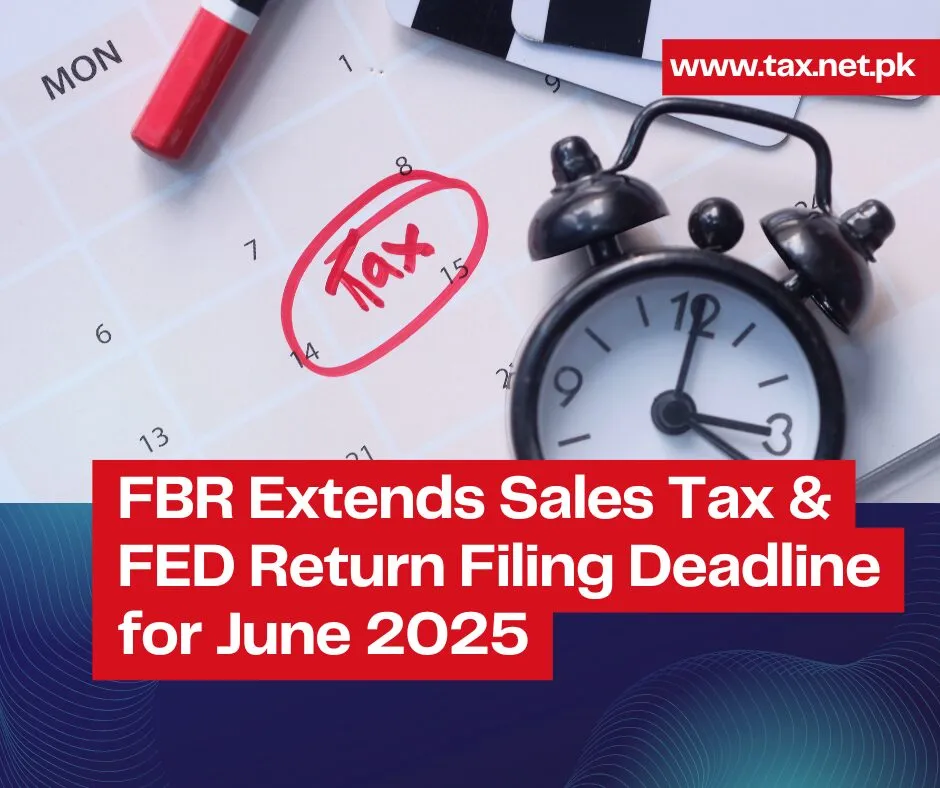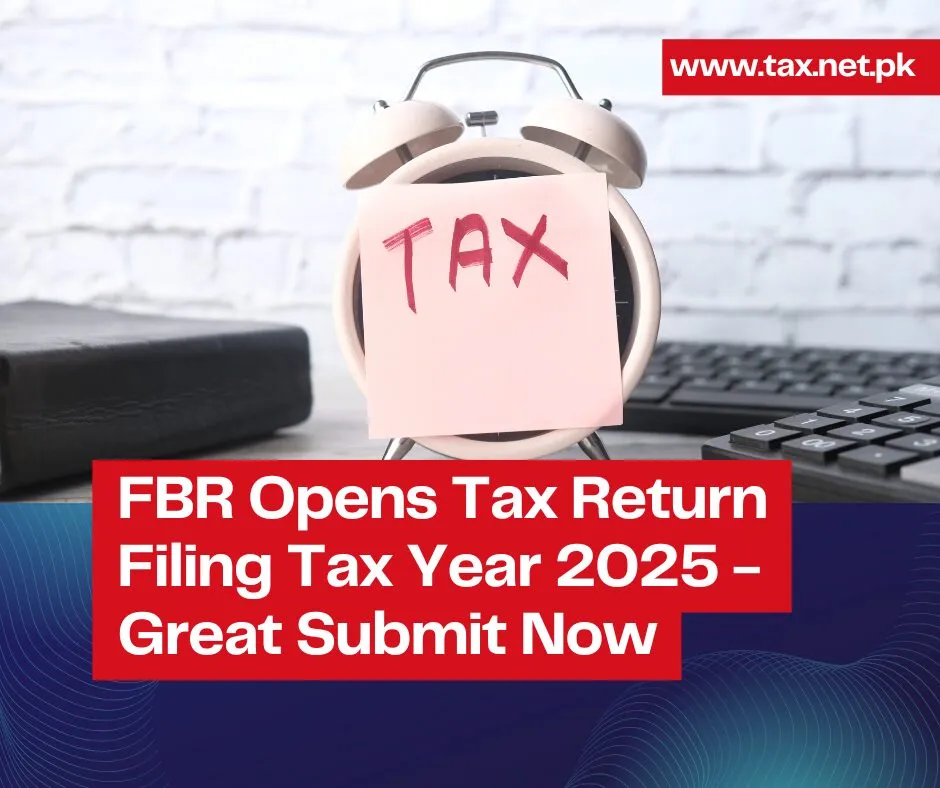Revised Tax on Sale of Property in Pakistan 2023-2024
Revised Tax on Sale of Property in Pakistan 2023-2024. In the recent budget, the Government of Pakistan increased the rate of income tax on the sale and transfer of immovable property. This tax is payable at the time of sale and transfer of immovable property under section 236C of ITO 2001.
New Rates of Tax for filers and non-filer on the Sale and transfer of immovable property
The previous rate of income tax on the sale and transfer of property was 2% for filers and 4% for non-filers of income tax. However, now rates of tax on the sale of property revised and increased. The new rate of tax on the sale and transfer of property is 3% for filers and 6% for non-filer with FBR.
This tax is applicable under section 236C of the Income Tax Ordinance, 2001. We calculate this tax on the “Consideration received” against the sale of the property.
How to collect tax on the sale and transfer of property under section 236C
Any person responsible for:
- registering,
- recording,
- or attesting the transfer of any immovable property
shall at the time of registering, recording, or attesting the transfer collect such tax from the seller or transferor.
The person responsible for registering, recording, or attesting transfer includes:
The person responsible for registering, recording, or attesting transfer
- for the local authority,
- housing authority,
- housing society,
- co-operative society
- public and private real estate projects registered/governed under any law,
- joint ventures,
- private commercial concerns
- and registrar of properties
Exemption from Tax on the Sale & transfer of property
The following exemptions are available from tax under section 236C on sale and transfer of immovable property:
It does not apply to a seller, being the dependant of a Shaheed belonging to the Pakistan Armed Forces. A person also exempted who dies while in the service of the Pakistan Armed Forces or the service of the Federal or Provincial Government.
It is in respect of the first sale of immovable property acquired from or allotted by the Federal Government or Provincial Government or any authority duly certified by the official allotment authority. Moreover, the property acquired or allotted is in recognition of or for services rendered by Shaheed or the person who dies in service.
How non-residents will pay tax on the sale and transfer of property under section 236C
If the seller or transferor of immovable property is a non-resident individual as defined under section 81 of the ITO 2001. Who is holding
- Pakistan Origin Card (POC) or
- National ID Card for Overseas Pakistanis (NICOP)
- or Computerized National ID Card (CNIC)
Who acquired the immovable property through a:
- foreign Currency Value Account (FCVA) or
- NRP Rupee Value Account (NRVA)
and this account maintained with authorized banks in Pakistan under the foreign exchange regulations issued by the State Bank of Pakistan. Then the tax collected under this section from such persons shall be a final discharge of tax liability in lieu of capital gains tax. Capital gains already taxable under section 37 and earned by the seller or transferor from the sale of the property.
Tax on the Sale and Transfer of Property Under section 236C is Adjustable or Minimum Tax?
However, if the property is sold or transferred within the same year when it is acquired then such tax will be minimum tax. Moreover, if immovable property is sold or disposed of after one year of acquiring it then the tax paid under section 236C will be adjustable tax (advance income tax).
Sale of Property and Section 7E of Income Tax Ordinance 2001
Moreover, in the budget for the financial year 2023-24 a new section has been introduced which is sub-section (2A) of section 236C of the Income Tax Ordinance 2001.
Furthermore, according to this new sub-section, “any person responsible for registering, recording, or attesting transfer of any immovable property shall not register, record, or attest transfer unless the seller or transferor has discharged its tax liability under section 7E and evidence to this effect has been furnished to the said person in the prescribed mode, form and manner.”
What is Section 7E of the Income Tax Ordinance 2001?
Moreover, if you want to read out section 7E of the Income Tax Ordinance 2001 then click the below link for its details:
READ ALSO: What is section 7e of the Income Tax Ordinance 2001



